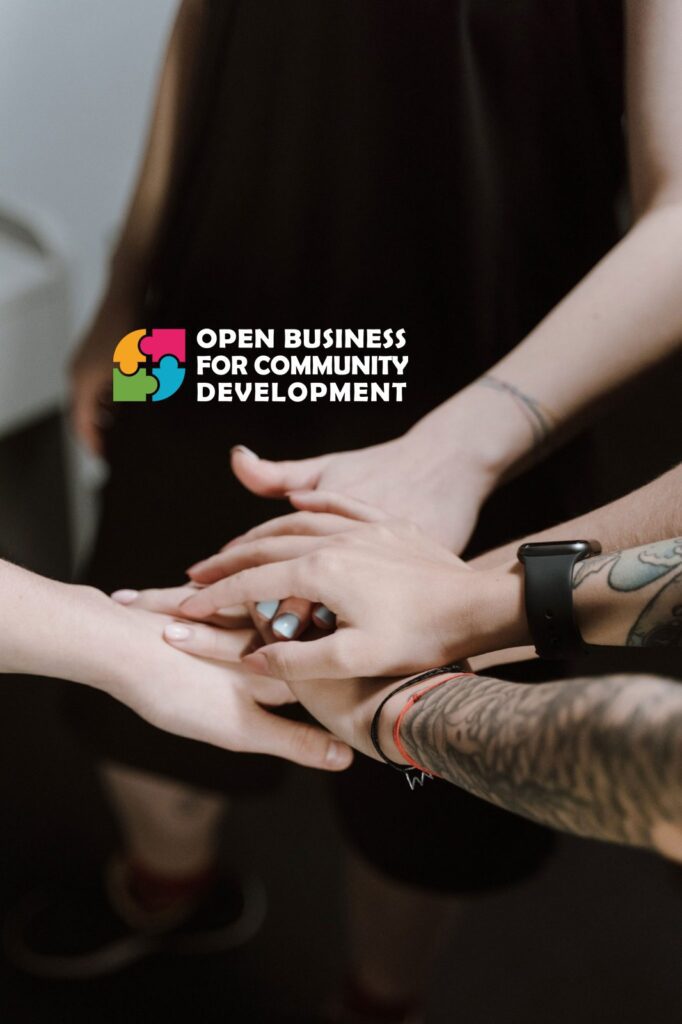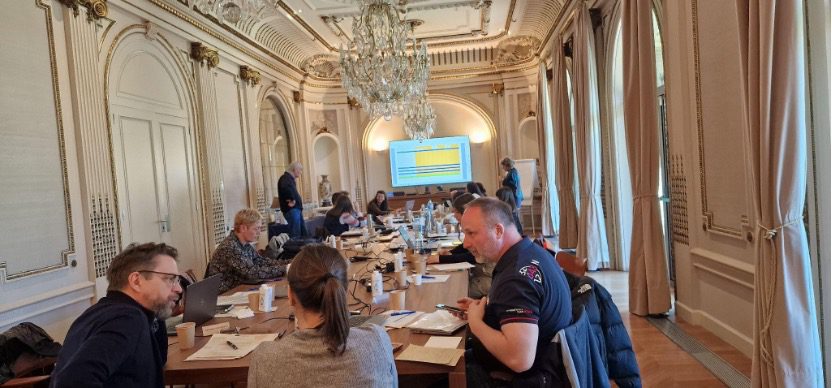In EntreComp, The Entrepreneurship Competence Framework, produced by the Joint Research Centre, the European Commission’s in-house science service, it is pointed out that the development of the entrepreneurial capacity of European citizens and organizations has been one of the key policy objectives for the EU and Member States for many years.
Globally, EntreComp was born in 2016 with the aim of being a tool to improve the entrepreneurial capacity of European citizens and organizations. The model is very well known, consisting of 3 competence areas, 15 competences, an 8-level progression model and a comprehensive list of 442 learning outcomes. It was elaborated by a high-level research team developing a methodology structured in 12 steps. This commitment of the European Commission is generic, trying to integrate all the contexts in which entrepreneurial competence is important, from the commercial to the non-profit sphere.
This versatility, which is EntreComp’s main strength, has as a possible negative consequence the impossibility of responding to the singularities of each sector, with key competences in certain sectors that are excluded from the EntreComp framework. For this reason, the Open Business for Community Development (OBCD) project team has conducted research that looks into the competences needed specifically in social enterprises and open business processes, in line with the project main objectives.
Social enterprises do work in a special environment. For example, if compared to traditional for-profit enterprises, social enterprises rely more often on several separate funding sources. Social enterprises also vary in their business model: there are non-profit associations, foundations, co-operatives as well as corporations. Sometimes consortiums of social enterprises mix these different types of business models, making it more challenging for leaders of social enterprises to understand different types of taxation, legalities and business strategies.
Most importantly, social enterprises are driven by social and/or environmental missions. Strategic thinking in social enterprises requires understanding complex societal and environmental issues and how they are handled in the public policies. It is also important to understand how a social enterprise can effectively participate in that policy work. The ethics of social enterprises require participation and openness at all levels, unlike most traditional for-profit enterprises.
These complexities and many others are hard to see in the EntreComp, which is widely used across Europe in schools, universities and career coaching services.
Should social enterprises have their own SEntreComp? Which competencies and skills should include? The OBCD team values your feedback! Please share your thoughts with us at info@obcdproject.eu or on LinkedIn.

